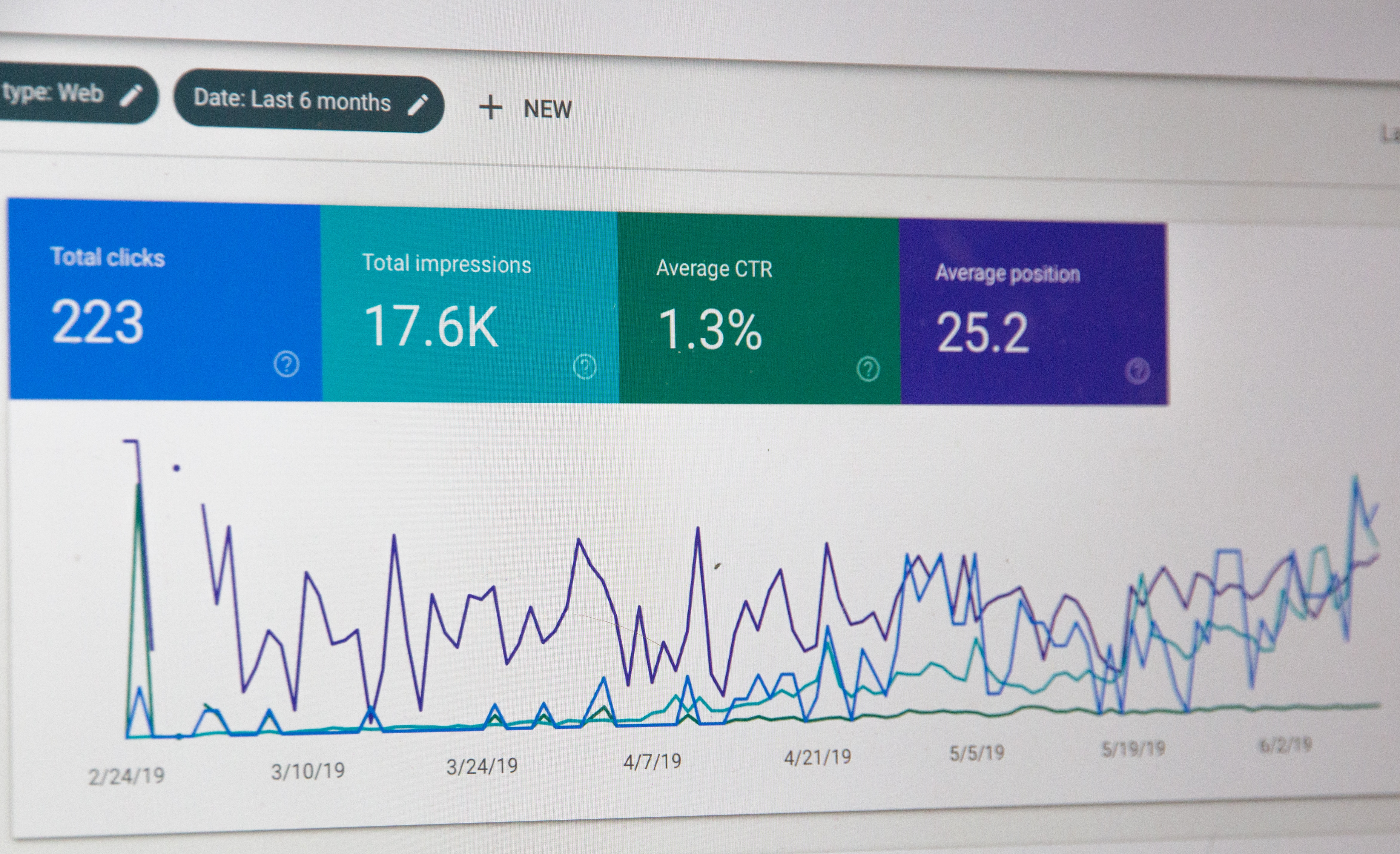Using Feedback To Make Websites Better

Valuable perspectives for a website development project come from three different parties: the client, developer, and visitors. Unfortunately, the one opinion that matters most doesn’t get any input until the project is complete, and surprisingly, this is the visitor’s opinion. Once a site goes live, we constantly measure and use visitor feedback to refine and improve the project in a stage known as perpetual web development.
The development of a site starts as communication between the client and the developer. These two parties use the concept of idealism to bring their vision to life. An experienced developer should have multiple advertising and SEO projects under their belt, and they should guide the client towards making a hierarchical site map structure. This structure makes high volume keywords the “authority titles” which are found in the metadata for the homepage or service category pages, right down to the subsidiary keywords on interior pages which detail specifics. The client will most often be focused more on the front-end development process, choosing things like the appearance, wording, and colours of the site.

We say that “idealism” guides the early stages of a web design project because the client and the developer base their development strategy around what they think will be successful. These are components that will fit the company vision, be aesthetically pleasing, etc. But we have to consider the objectivity of these views. It is the visitor whose voice matters the most, and they have not yet had a chance to speak.
Once the site launches and we begin directing to it, we get real visitor feedback in the form of quality scores, SEO progression, and conversion data. This feedback is far more important and impactful than anything planned during the idealism stage, as it allows us to fine-tune advertising and keyword strategies.
Google Ads and Quality Score
Most commonly, an advertising campaign will begin using Google Ads. We find this to be the most efficient testing ground because internet search is the only viable form of advertising known to give the first say to potential customers. In other words, we do not show any advertisement or spend a dime until the person who will view it has searched for a word or phrase indicating that they have a desire to view the service or product you’re selling.
In Google Ads, we enter a competitive search marketplace with multiple advertisers, all bidding to direct this prospect to their website. Each advertiser will submit a bid attached to a text ad, and whichever ad the prospect clicks will be the winner of the bid and charged a fee.
That fee is not set in stone, however. While your bid influences it, it is also dictated by the concept of quality score. Quality score measures the quality of your advertisement and landing page. Once the ads have had a chance to settle, you will want to review the page content, quality score, and best-converting keywords, then edit the page accordingly.
SEO Strategy in Website Development
The same strategy used for quality score applies to search engine optimization or SEO. If you have to wait months before you see any movement in your keywords, it’s a good indication that they are not set up properly. Many other factors could affect your standing, but those related to SEO are the most important in the early stages. These include on-page metadata, your Google My Business profile, and proper search registration.
Conversion Tracking
 As the site gains traction, digital marketers can begin collecting valuable conversion data from the website. If you’re planning to do any advertising, conversion tracking is a must in web development. Don’t sleep on it either, because it only works beginning the day it’s set up. Any ad spending made before the installation of conversion tracking is a waste because that data can never be recovered. When a sale happens on the website, it’s important to record how the customer arrived at the site, what pages they viewed, what keywords they used, and where the conversion took place. This way you’ll know when something works and when it doesn’t, allowing you to plan more effective campaigns in the future!
As the site gains traction, digital marketers can begin collecting valuable conversion data from the website. If you’re planning to do any advertising, conversion tracking is a must in web development. Don’t sleep on it either, because it only works beginning the day it’s set up. Any ad spending made before the installation of conversion tracking is a waste because that data can never be recovered. When a sale happens on the website, it’s important to record how the customer arrived at the site, what pages they viewed, what keywords they used, and where the conversion took place. This way you’ll know when something works and when it doesn’t, allowing you to plan more effective campaigns in the future!